The Airbus A350F is a Freighter aircraft that was launched in 2021 and will enter into service in 2025. It is the first aircraft that meets the latest ICAO carbon emissions standards. As a member of the A350 Family, it is also built with state-of-the-art technologies, effective and efficient aerodynamics, and ultimate operational reliability. It A350F offers a range of up to 4.700 nm (8.700 km) on its maximum payload of 109t.
A350F Technical Specifications
| Freighter | A350F |
| Max Payload | 109 t |
| Max Range | 4.700 nm (8.700 km) |
| Courier area | up to 11 occupants (10 PYC seats + 1 CAS) |
| Wing Span | 212ft 5in (64.75 m) |
| Length | 232ft 4in (70.8 m) |
| Height | 56ft 1in (17.08 m) |
| MTOW (max take-off weight) | 319 t |
| MLW (max landing weight) | 250 t |
| Engines | Rolls-Royce Trent XWB-97K |
The A350F leverages the advantages of the A350 in both design and operations, providing significant benefits. Utilizing composites, titanium, and modern aluminum alloys, this aircraft is lighter than its competitors, resulting in improved cost efficiency and performance.
Power Plant in A350F
The A350F is equipped with the highly efficient Trent XWB engines, which not only enhance fuel efficiency but also reduce CO2 emissions. Compared to older-generation freighters, it offers a remarkable 40% increase in fuel efficiency, making it an economically viable solution.
XL Cargo Door
One of the outstanding features of the A350F is its new XL Main deck cargo door, which stands as one of the largest cargo doors in the industry with an impressive clear opening width of 4191mm (165”). This door ensures smooth, comfortable, and safe ground operations, minimizing the risk of damaging surrounding structures.
The Only Future-Proof Selection
After receiving customer feedback regarding the demand for more efficient and sustainable wide-body freighters, Airbus has responded with a significant development—the A350F. Recognizing the requirements of its customers, Airbus aims to introduce an aircraft that not only meets the current needs but also paves the way for a future-proof solution.
The design of the A350F draws inspiration from Airbus’ past successes, such as the A300-600F and their renowned Beluga trucks. Leveraging the knowledge gained from these endeavors, Airbus embarked on developing an innovative freighter that builds upon the success of their latest clean-sheet program, the A350.
The integration of the A350F into the A350 family ensures a seamless entry into service. One of its key advantages is its impressive capacity. With a volume comparable to that of the 747F and an additional payload of 5 tons compared to the 777F, the A350F offers a significant increase in capabilities. Furthermore, it surpasses its competitors by providing an extended range, enabling enhanced operational flexibility and the ability to reach previously inaccessible destinations.
In addition to its remarkable capabilities, the A350F embodies Airbus’ commitment to sustainability. By incorporating the latest advancements in fuel efficiency and eco-friendly technologies, this freighter sets a new standard for environmentally conscious aviation. As the industry strives to reduce its carbon footprint, the A350F stands at the forefront, empowering operators to align their operations with increasingly stringent sustainability requirements.
Superior Effectiveness of A350F
The A350F sets a new requirement in fuel effectiveness, reducing gas burn as well as CO2 discharges by a remarkable 40% compared to the 747F.
Unmatched Performance
This outstanding performance gives the A350F a decisive advantage, exceeding the 2028 in-production restriction of the ICAO carbon dioxide requirement. Therefore, the A350F will be the only large freighter capable of fulfilling this demand, showcasing its dedication to a greener future.
Satisfying ICAO Carbon Dioxide Discharges Standard
Operators of the A350F can even more enhance its efficiency and also minimize carbon footprint through Airbus Services For instance, NAVBLUE’s Idle Aspect Optimizer enhances the Idle Factor setup during descent, causing considerable fuel savings of about 50kg per descent for an A350F.
Cutting-Edge Digital Solutions
The A350F represents a new generation of freighters, leapfrogging ahead of existing competitors by one or even 2 generations. Its smooth combination with cutting-edge electronic services like Skywise catapults freighter operations into the 21st century. Operators can utilize Skywise’s collection of services to harness the power of large information and also make notified choices where it matters most.
Unequal Business economics
Along with the impressive 20% reduction in fuel intake, the A350F supplies unsurpassable economics. Its 5-ton added payload contrasted to the 777F translates to an added $21 million in earnings, combined with lower maintenance costs totaling up to a $16 million value advantage. In addition, the A350F gain from reduced touchdown as well as navigating costs, enhanced aircraft availability, and enhanced engine transport, giving a significant expense and also worth benefit over its direct competition. The combination of the A350F’s new-generation features leads to a minimal value advantage of $50 million for drivers over the aircraft’s lifetime.
A350F would Easily the fleet
Whether you specialize in freighter operations or already have Airbus aircraft for passenger transportation, the A350F is the perfect addition to your fleet, seamlessly integrating with your existing operations. Optimized Integration through Airbus Commonality with its Airbus Commonality advantage, the A350F offers a significant edge in fleet integration.
For operators already familiar with the A350, you can leverage the same crew, mechanics, and spare parts, streamlining operations and maximizing efficiency. Even for non-A350 operators, transitioning to the A350F is made easier thanks to the Airbus Family Commonality.
In fact, it takes just 8 days of training for an A330 pilot to transition to the A350 aircraft, compared to 23 days for a Boeing pilot. Simplified Transition with Same Type Rating the A350F, A350-900, and A350-1000 share a common type rating, allowing for a smooth transition. This means that your crew, mechanics, and spare parts can be utilize across these aircraft types, reducing complexity and optimizing resources. By maintaining the same type rating, you can seamlessly integrate the A350F into your fleet without disruption. Tailored roadmap for Effortless Transition to facilitate the integration of the A350F into your fleet, Airbus provides a tailored roadmap designed to ensure a seamless transition.
With the A350F and the support of Airbus, integrating this advanced freighter into your fleet becomes a seamless and efficient process. From simplified crew transitions to comprehensive training and maintenance solutions, Airbus is committed to ensuring a smooth and successful integration, empowering your operations for the future.
Purchasing the A350F is not simply a prudent organization choice; it is a visionary option that makes sure of lasting feasibility and versatility. Airplane comprehends the significance of future-proofing procedures and also remains devoted to offering its consumers state-of-the-art services that can stand up to the examination of time.
Read More: https://aviationlooks.com/airbus-a350-1000-is-changing-the-game-in-aviation/
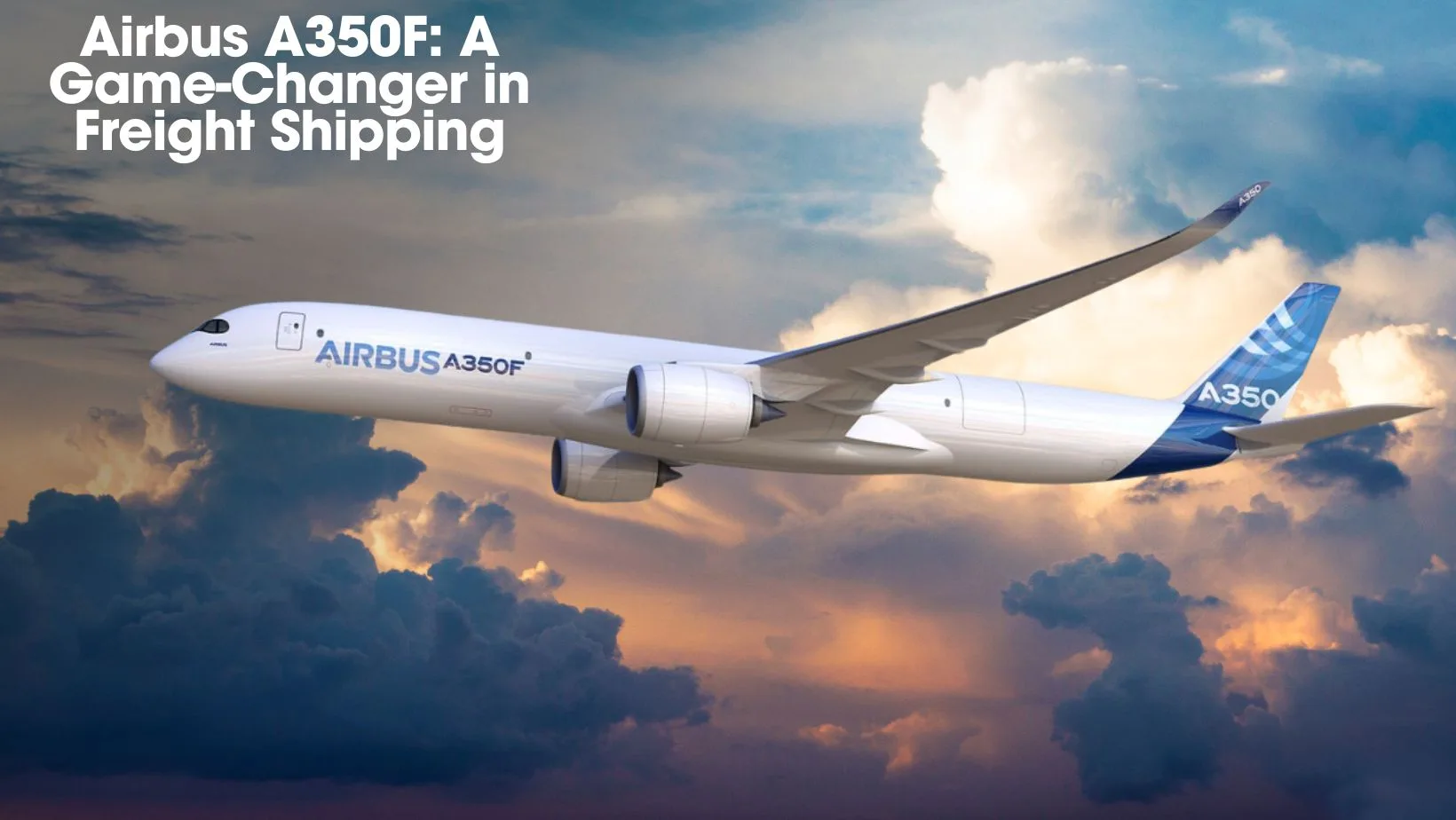
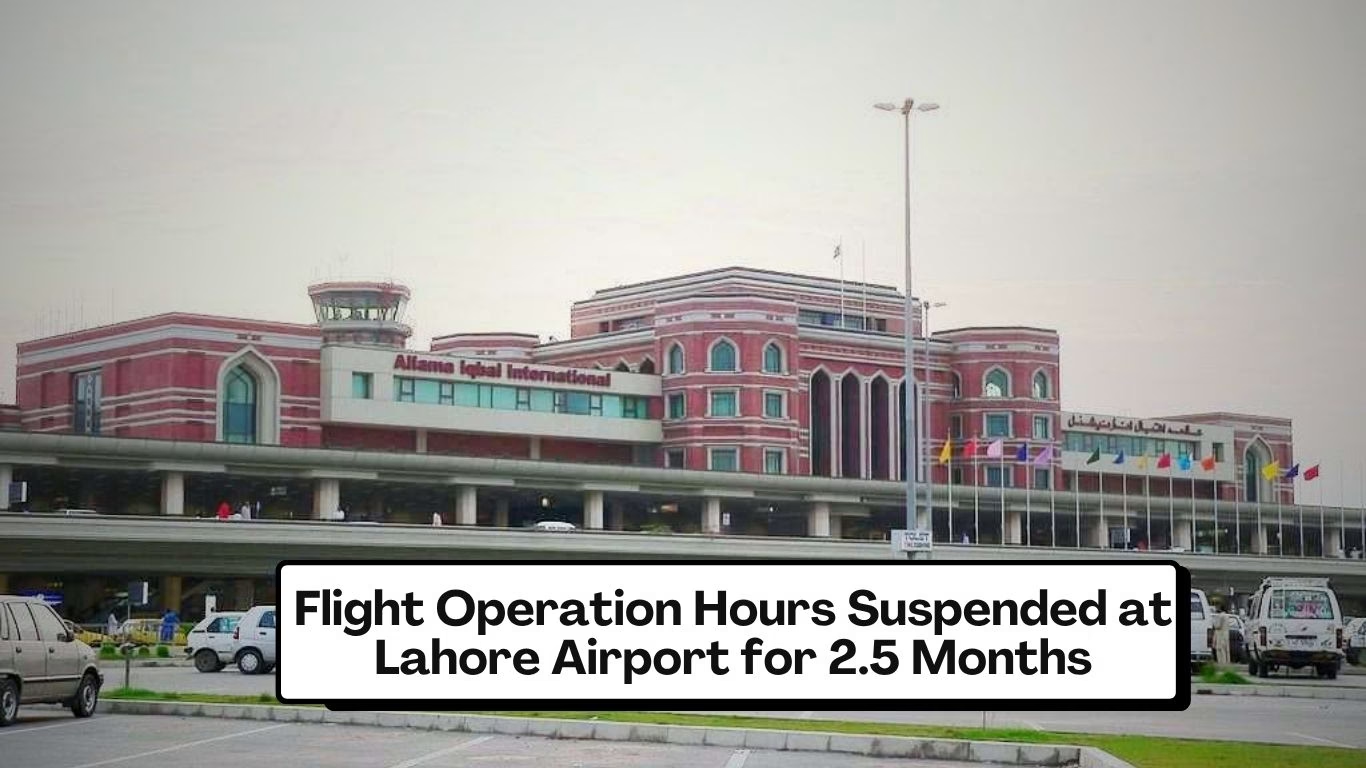
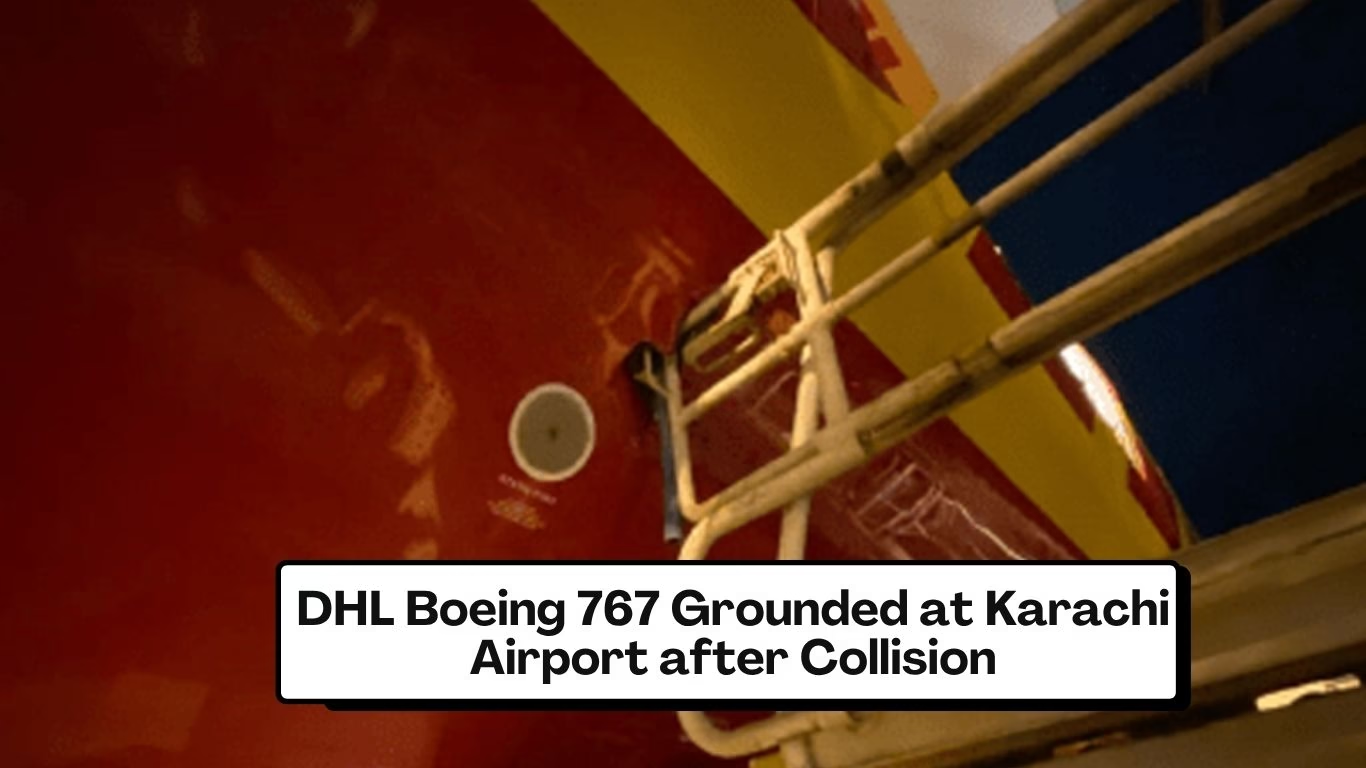

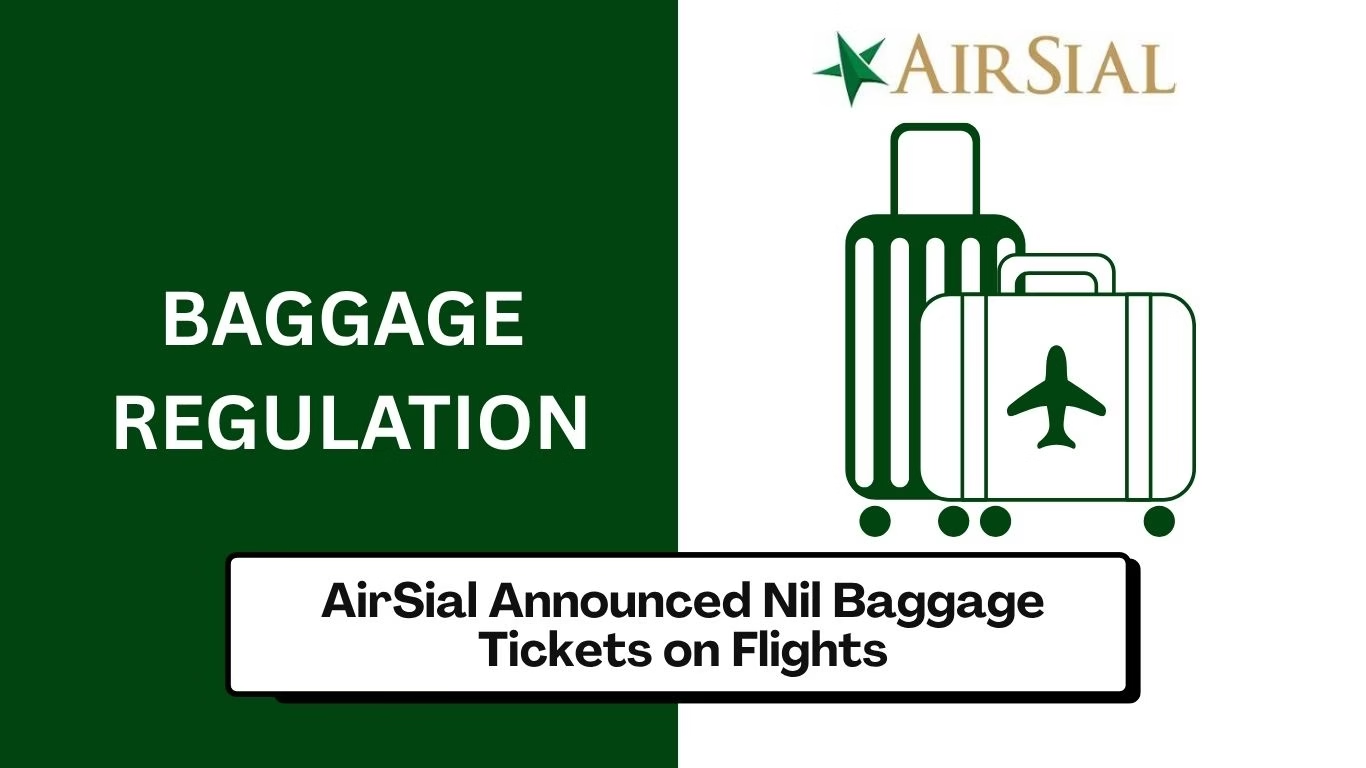
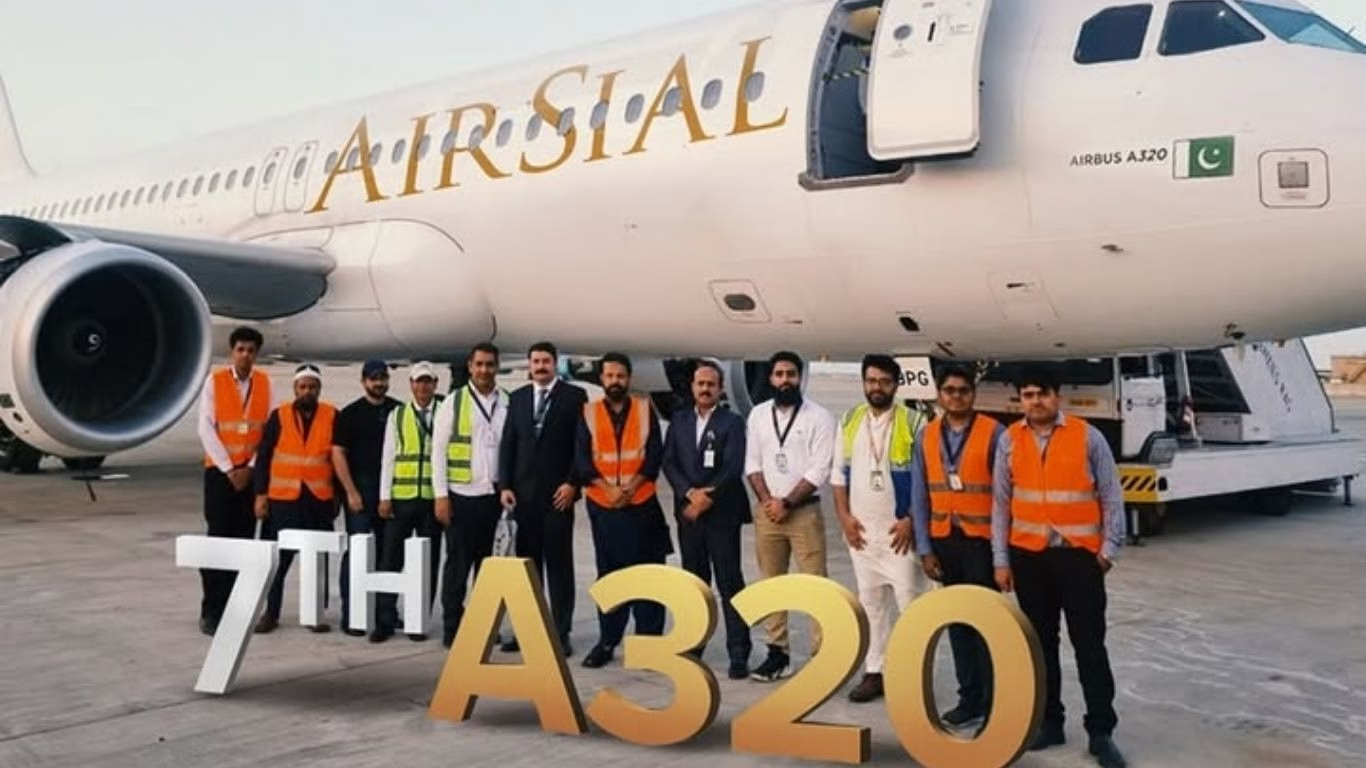
Leave a Reply